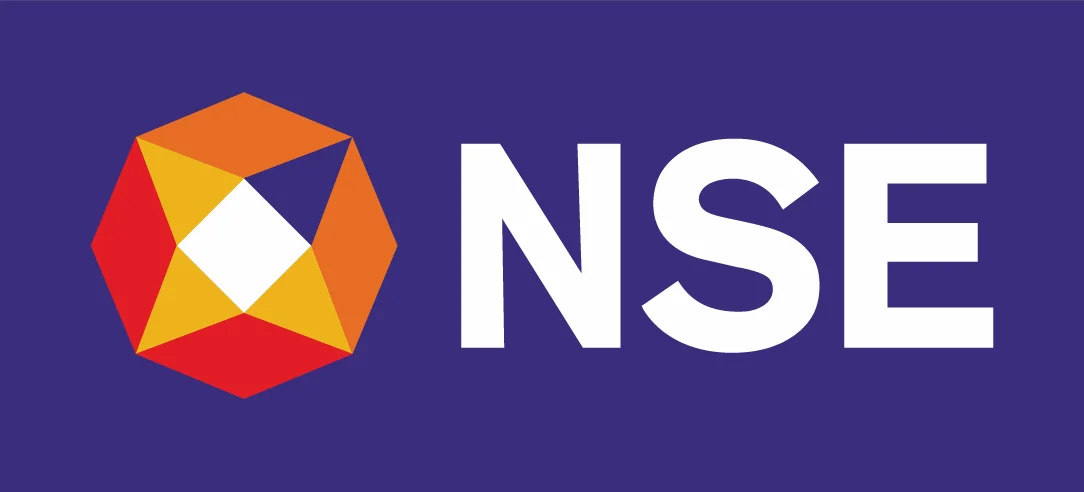“An index is not just a number. It’s a pulse check on an entire economy.”
Whether you’re a seasoned investor or just starting your journey, you’ve likely come across terms like Nifty 50, Sensex, or Nifty Bank. But what do these indices really mean? And more importantly—how do they impact your investment decisions?
Let’s break it down.
What Is a Stock Market Index?
A stock market index is a measurement of a section of the stock market. It tracks the performance of a group of selected stocks to give investors an idea of how the market or a sector is performing.
Think of it like a report card for the stock market.
For example:
- Nifty 50 tracks the top 50 companies on the National Stock Exchange (NSE)
- Sensex monitors 30 major companies on the Bombay Stock Exchange (BSE)
Major Stock Market Indices in India
Here are some of the most tracked indices Indian investors should know:
Index | Exchange | Tracks |
Nifty 50 | NSE | Top 50 large-cap companies |
Sensex | BSE | 30 large, well-established companies |
Nifty Bank | NSE | Top banking stocks |
Nifty IT | NSE | Leading IT sector stocks |
Nifty Midcap 150 | NSE | Performance of mid-cap stocks |
Nifty Next 50 | NSE | The next 50 after Nifty 50 |
During the COVID crash in March 2020, the Nifty 50 fell over 35%—highlighting a broader market panic. But by 2021, it bounced back to hit record highs, reflecting economic recovery.
Why Do Stock Market Indices Matter?
1. Benchmarking Performance
Indices act as reference points. If your mutual fund or stock portfolio underperforms the Nifty 50 consistently, it’s time to rethink your strategy.
2. Market Sentiment Indicator
When indices rise, it usually indicates positive investor sentiment and economic confidence. A fall suggests caution or fear.
3. Passive Investing Made Easy
You can invest directly in an index through index funds or ETFs, which replicate the index’s performance at a low cost.
Example: A Nifty 50 Index Fund will give you exposure to India’s top 50 companies—perfect for beginners or long-term wealth creation.
Index Funds vs. Actively Managed Funds
Feature | Index Funds | Active Funds |
Managed by | Follows an index automatically | Fund manager picks stocks |
Cost | Lower (0.1–0.5% expense ratio) | Higher (1–2% expense ratio) |
Returns | Matches market average | Can beat or underperform market |
Ideal for | Long-term, low-cost investing | Tactical investing, goal-based choices |
According to SEBI, passive fund AUM in India grew by over 35% in 2023, driven by investor preference for low-cost, diversified exposure.
How Are Indices Calculated?
Most Indian indices, including Nifty and Sensex, use the free-float market capitalization method.
Formula:
Index = (Sum of market cap of selected companies) / Base market cap × Base index value
Free-float means only publicly traded shares are considered—not promoter holdings.
Sectoral Indices: A Closer Look
Investors often use sector-specific indices to get targeted exposure:
- Nifty Bank – HDFC Bank, ICICI Bank, SBI, etc.
- Nifty IT – Infosys, TCS, Wipro
- Nifty FMCG – Hindustan Unilever, Nestle India
- Nifty Infrastructure – L&T, Adani Ports
If you believe the Indian IT sector will benefit from global digitization, investing in a Nifty IT ETF or sectoral fund could offer concentrated exposure.
Should You Care About Indices as a Retail Investor?
Absolutely.
Indices help you:
- Track overall market movement
- Benchmark your own returns
- Start investing through index-based products
- Understand where the economy is heading
They’re also a great way to stay emotionally balanced in volatile times.
If the Sensex falls 500 points, and your portfolio dips 2%, it’s not panic-worthy—it might just be the market correcting.
How to Invest in Stock Indices
1. Index Mutual Funds
- Easy to start SIPs
- Offered by AMC giants like HDFC, ICICI, Axis, etc.
2. Exchange-Traded Funds (ETFs)
- Bought and sold like stocks
- Lower costs, more flexibility
- Needs a demat account
Top Picks for 2025:
- Nippon India Nifty 50 ETF
- Motilal Oswal Nifty Next 50 Index Fund
- ICICI Prudential Nifty Bank ETF
Final Thoughts
Stock market indices are more than just numbers on a screen. They are roadmaps to financial growth, guiding both beginners and professionals through market noise.
By understanding how indices work and using index-based products, you can make smarter, more informed investment decisions—especially in 2025’s complex, fast-evolving economy.
“In the long run, broad index investing beats most active strategies.” – John C. Bogle
Want Help Picking the Right Index Fund?
Drop a comment OR click on the action button below.









